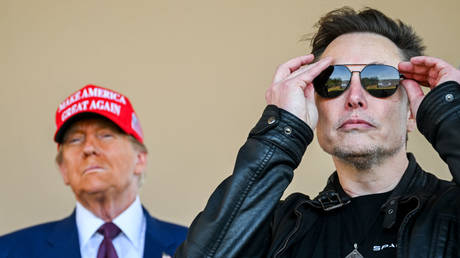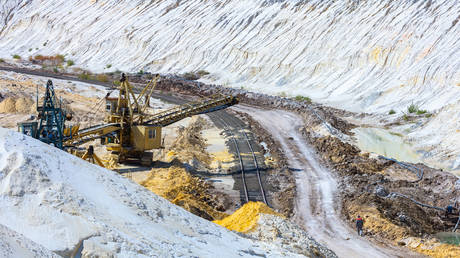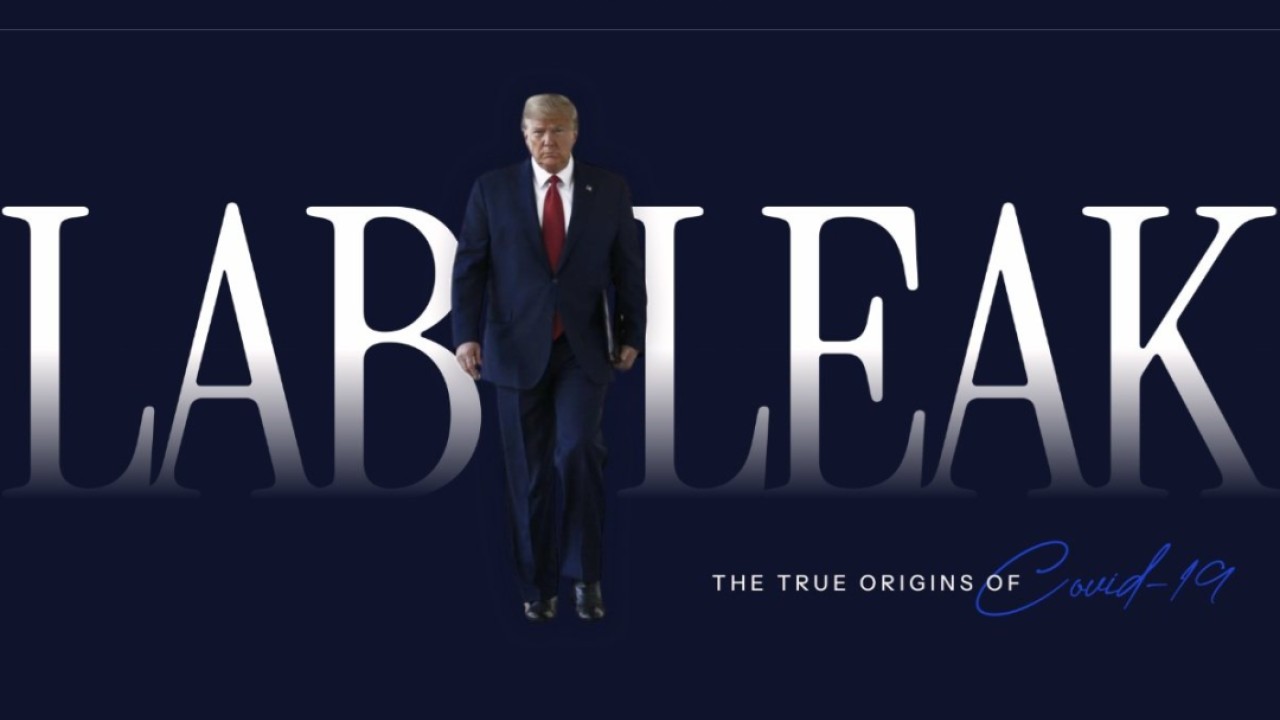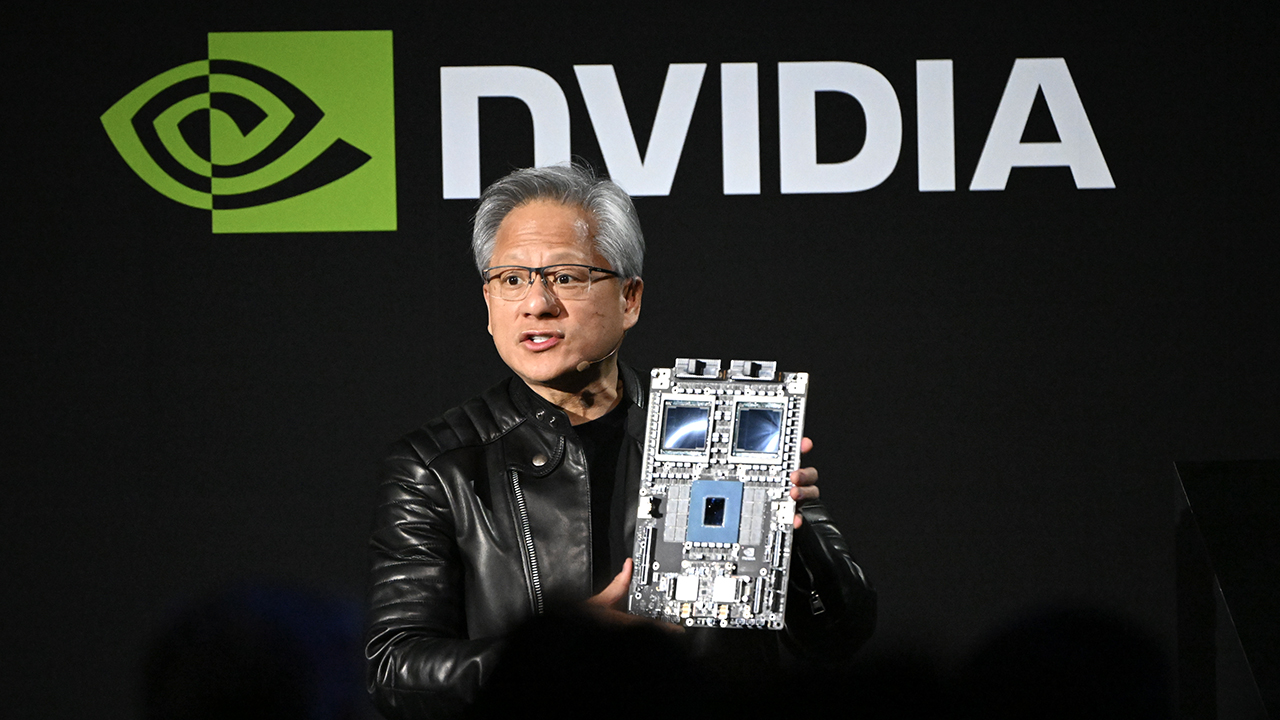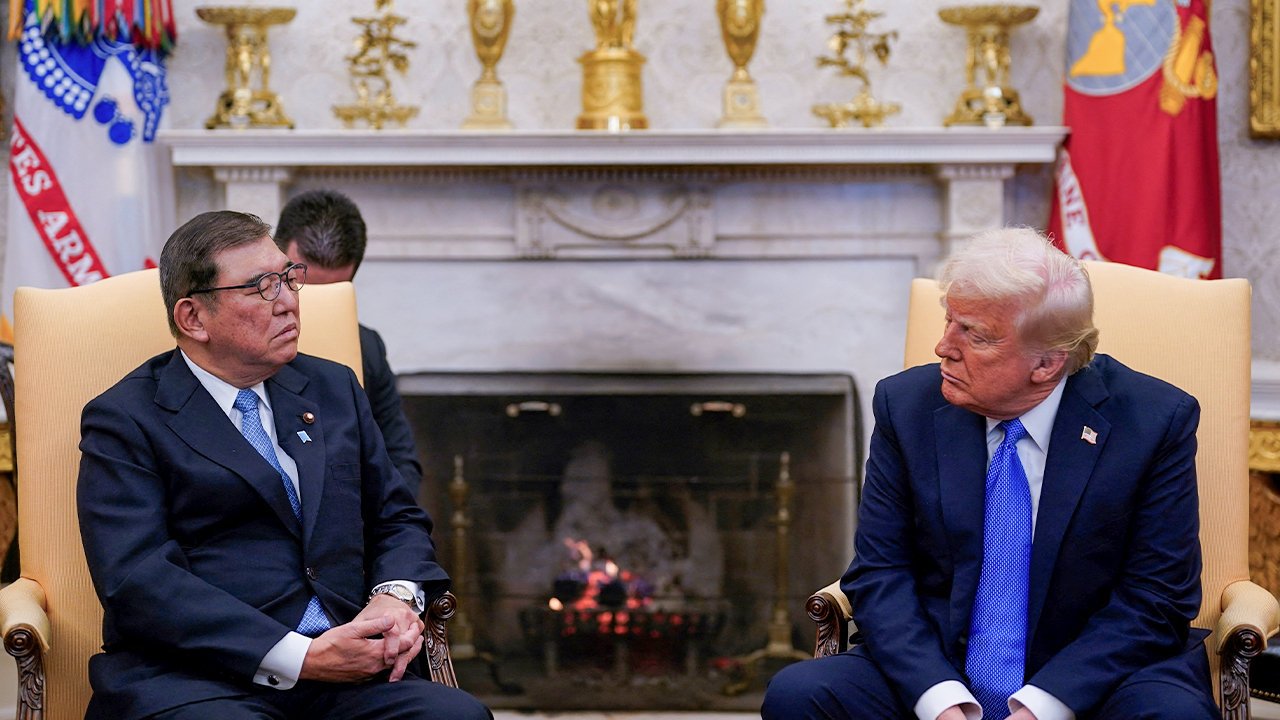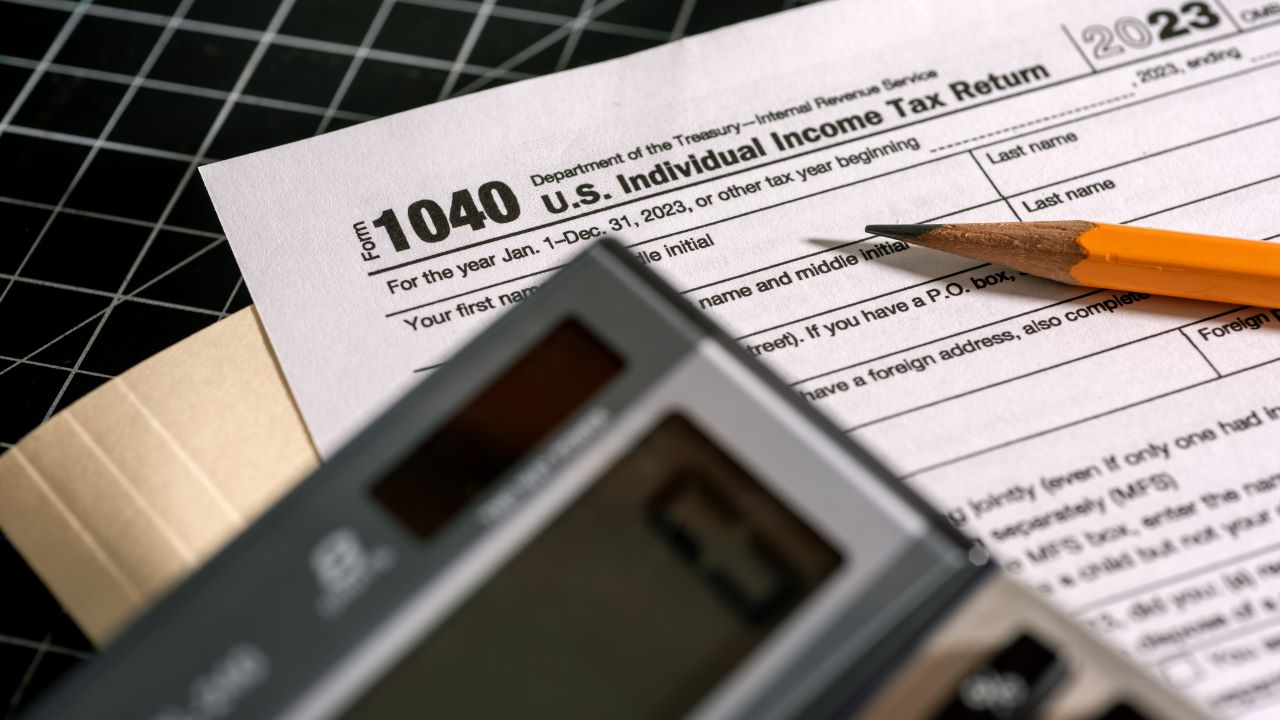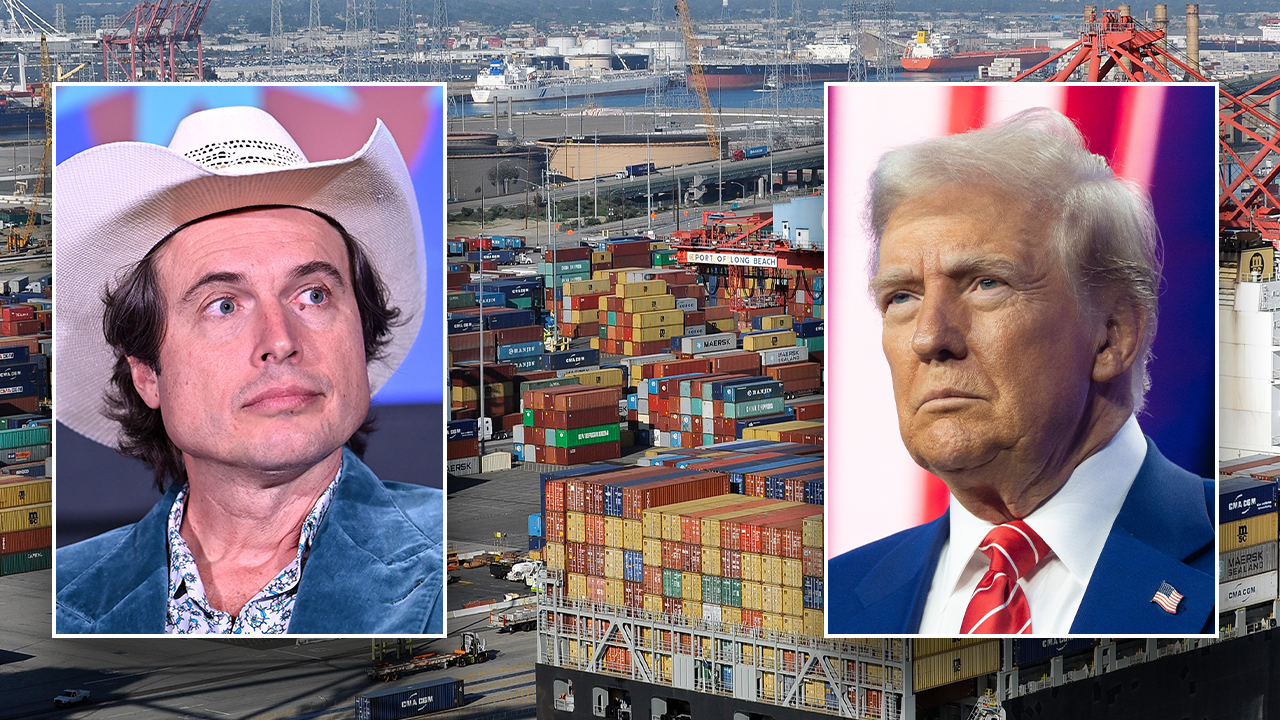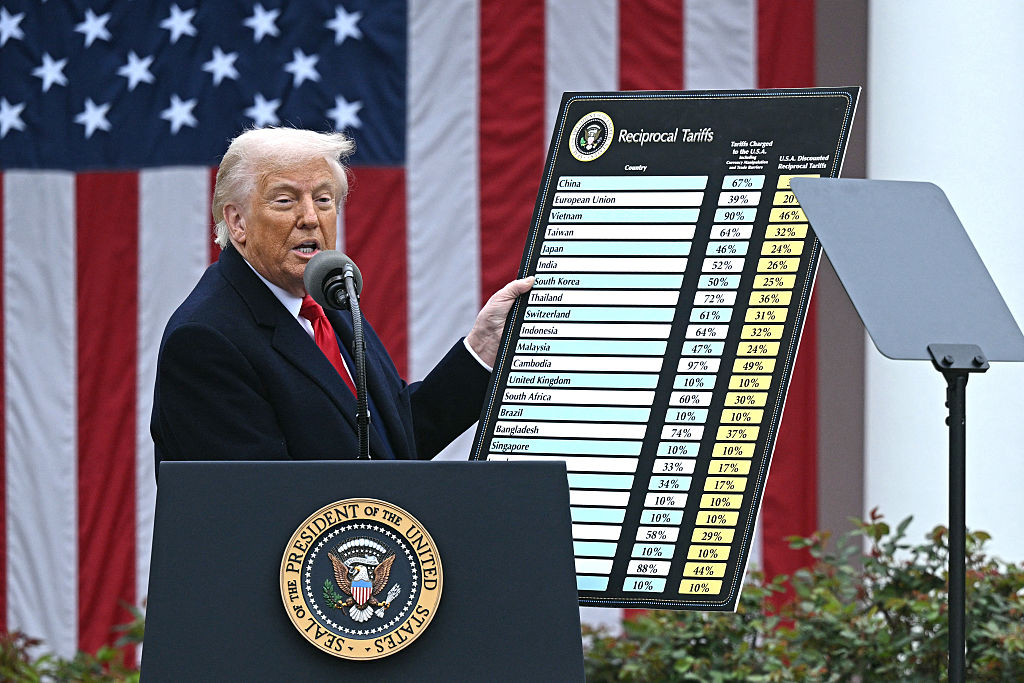Trump’s tariff gamble put to the test as China chokes off critical mineral supplies
China halts rare earth element export in a move that threatens U.S. defense, auto and tech supply chains as Trump’s tariffs trigger a global scramble for critical minerals.
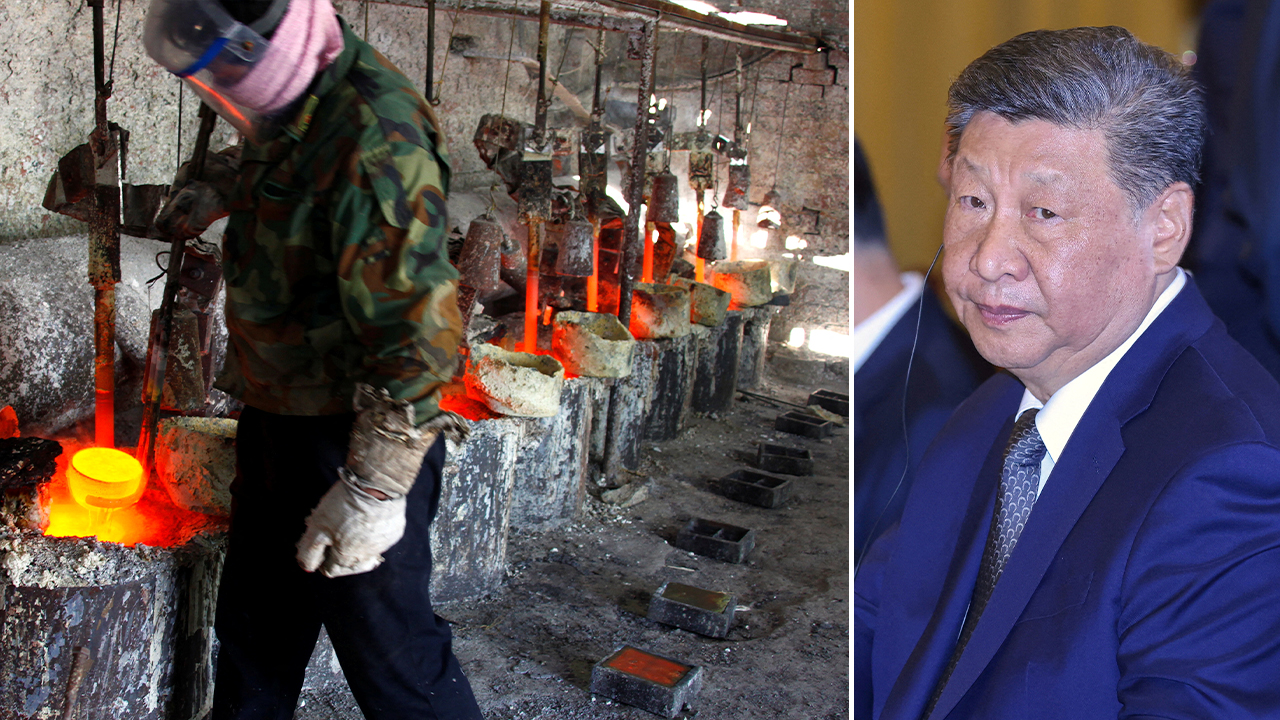
U.S. industry will soon feel the "squeeze" as China halts exports of rare earth minerals – key components in weapons systems, electric vehicles and consumer electronics – in direct retaliation for President Donald Trump’s sweeping 145% tariffs.
Shipments of magnets from China have ground to a halt, the New York Times reported on Sunday, as Beijing tightens export controls in a direct strike on U.S. manufacturing and defense supply chains. While the move is intended to pressure the White House, industry sources say its impact will be global, with exports halted to all foreign buyers, not just the United States.
National Economic Council Director Kevin Hassett acknowledged the growing alarm on Monday, telling reporters at the White House, "Rare earths are a part of lots of the economy. The rare earth limits are being studied very carefully, and they’re concerning, and we’re thinking about all the options right now."
After Trump’s tariff announcement, China hit back with its own 125% tariff on U.S. goods and imposed new export restrictions on seven rare earth materials. Exporters are now holding back shipments as they navigate a potentially lengthy licensing process. Overseas deliveries of magnets – vital for assembling cars, robotics and defense systems – came to a halt on April 4 as the new rules took effect.
The ban doesn’t apply to finished products containing rare earths, potentially undercutting Trump’s tariff strategy. U.S.-made goods that rely on imported materials could face production delays, while goods produced and manufactured in China would still be available for import.
China produces around 60% of the world's critical mineral supply but processes even more, up to 90%.
For years, the U.S. and much of the world enabled China’s dominance in mineral mining and processing, drawn by its lower costs driven by lax environmental rules, cheap labor and heavy government subsidies.
But China’s dominance has also given it enormous leverage: the power to deliver a crippling blow to global industry in the technological age.
"This is a wake-up call now where we don’t have a choice anymore," said Pini Althaus, a mining executive and managing partner at Cove Capital.
The world beyond China is already entering a tungsten supply crisis. The mineral – essential for solar panels, electric vehicles and defense systems – is 80% sourced from China, which imposed export controls in February.
Josh Ballard, CEO of USA Rare Earths, predicted the defense industry would feel the effects first.
"That has to be shipped here and done here in the U.S.," he said.
THESE ARE THE US INDUSTRIES THAT COULD BE WALLOPED BY TARIFFS ON CHINA
"I'm betting it affects a lot of the auto manufacturers fairly quickly. Anybody who's doing their assembly manufacturing here, there will be a knockdown effect," Ballard added.
Products like iPhones, which come into the U.S. fully assembled, won’t feel the effects as quickly despite containing dozens of chemical elements.
Trump exempted electronics from his 145% Chinese tariff scheme, though the White House has said those exemptions are only temporary.
The president has moved to counter China’s grip on the critical minerals market through a range of efforts, from a push to buy Greenland, to mineral talks with Ukraine, to executive action streamlining the U.S. mining process. Smaller nations in Central Asia and Africa have taken notice, and they're seeking favor with Washington by showcasing the mineral resources they can bring to the table.
Trump envoy Massad Boulos recently traveled to the Congo to strike a deal that would allow U.S. industry access to Congo’s mineral resources.
And Trump is now drawing up an executive order to trigger strategic stockpiles of deep sea metals mined off the Pacific to counter
As the U.S. rushes to stockpile critical minerals, it’ll be competing with allies like the European Union, Korea and Japan, which have also been cut off from China’s resources.
"It's going to be a competition now as to who can start stockpiling these materials, who can enter into offtake agreements with mine owners, with downstream the companies that are manufacturing some of the downstream products, like magnets, lithium batteries, etc.," said Althaus.
"We're going to start seeing a lot more urgency."
It takes an average of 29 years to build a new mine for critical minerals in the U.S., where there is almost no infrastructure to process such mines once they’re taken out of the ground.
To shore up U.S. supplies, industry experts say they need the government to ease the permitting process and offer tax incentives for mineral exploration.
Early stage exploration is both risky and expensive, according to Althaus: "The very few projects that are ready to go into production, for the most part, can obtain financing, but in order to build a long-term domestic supply chain, you have to start with the exploration projects as well."
He said the U.S. could launch an initiative similar to Canada’s flow-through shares for mining that would make exploration costs tax-deductible.
CLICK HERE TO GET FOX BUSINESS ON THE GO
"I think it has to be a public-private partnership, both in terms of at the mine level but also the downstream processing."
"Private capital isn't going to take that risk as quickly as we need it to be taken," said Ballard. "Where the federal government could help the most is being that catalyst to bring capital into the industry."
What's Your Reaction?




























































